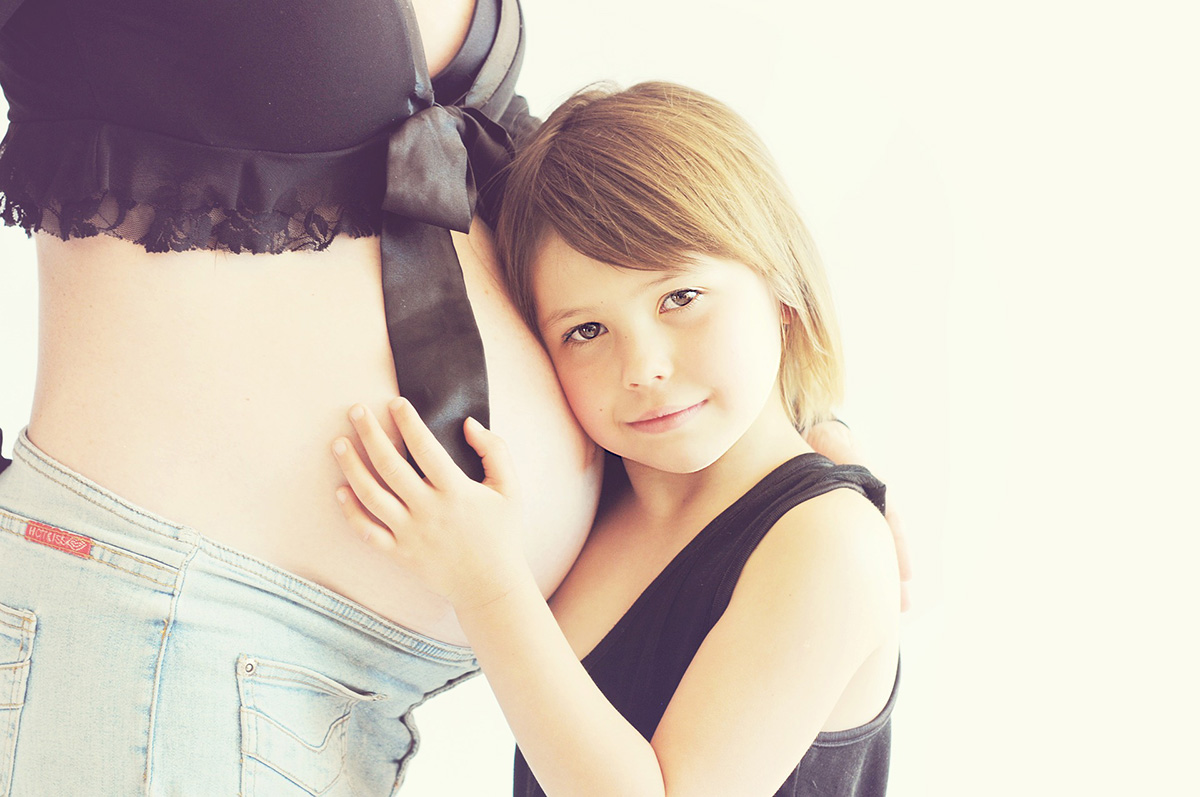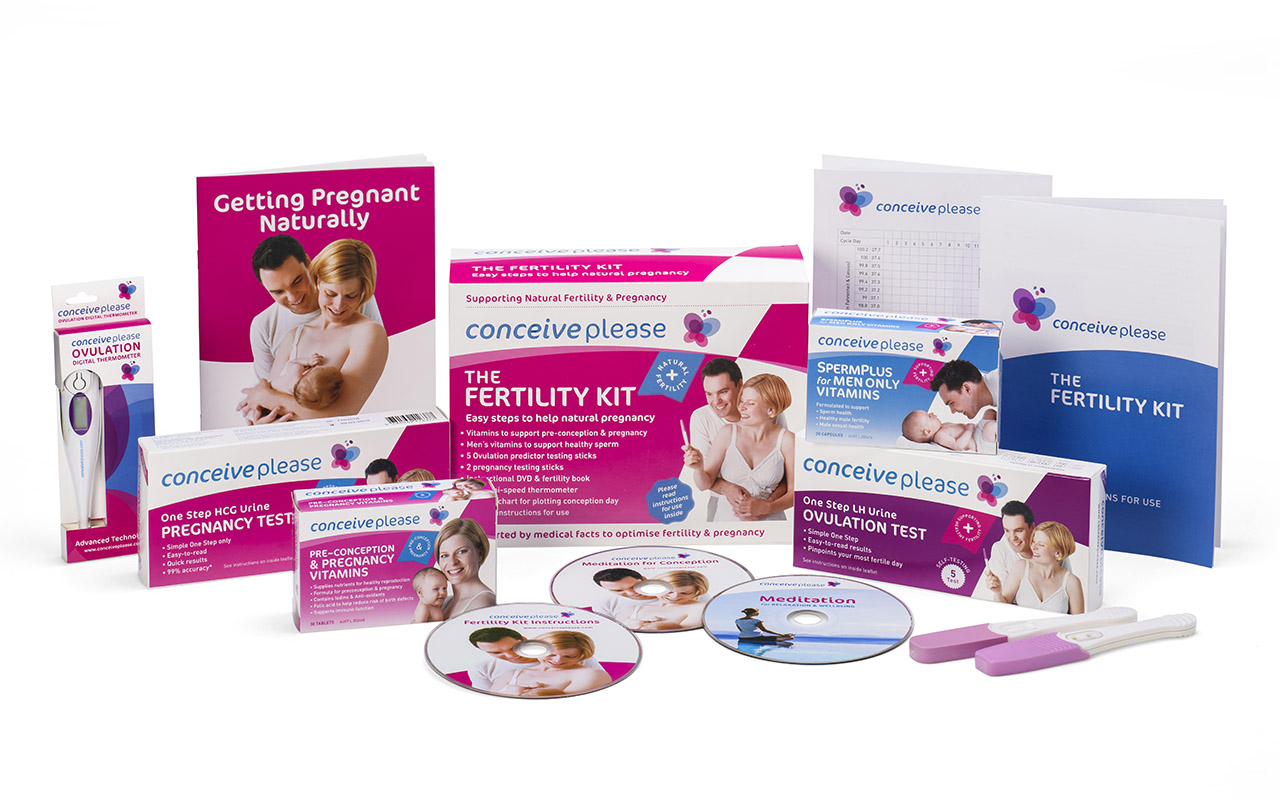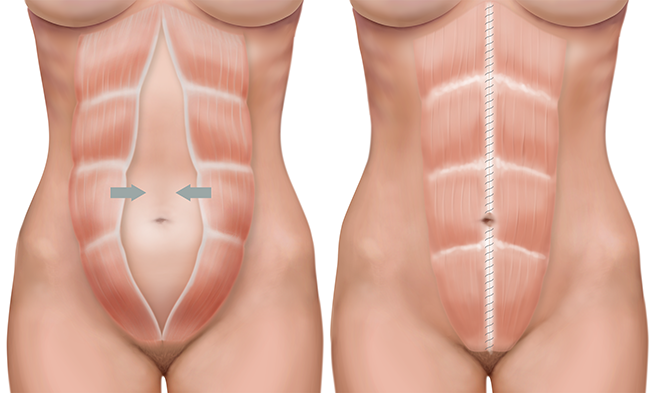Is your weight affecting your chances of conceiving baby number two? We asked a fertility expert
Trying for Baby Number Two without success? Checking that your weight is in a healthy range could be a helpful solution. We asked leading fertility specialist Dr Raewyn Teirney about how weight can impact conceiving baby number two.
“It’s estimated that around 15-20% of Australian couples are affected by a condition called Secondary Infertility,” says leading fertility specialist Dr Raewyn Teirney.
“This is basically a condition where many couples who may have conceived easily and naturally with their first child, struggle to fall pregnant with their second or third child. It’s not ideal and we do our best to address the issue holistically.”
One of the issues to consider is weight management – of both the man and the woman.

Weight and conception: How weight affects your chances of conceiving and how to help
“When it comes to baby making, both a man and woman’s reproductive health and chances of conception can often be sensitive to their weight,” explains Dr Teirney.
“Being overweight, or in fact obese, can significantly hamper chances of conception. It can cause hormonal problems leading to infrequent ovulation and irregular periods. In men, it can affect the health and vitality of the sperm. Obviously, both of these factors can inhibit conception.”
What is the ideal weight?
So, what is the ideal weight for a successful conception and pregnancy? If you want to fall pregnant or you are thinking about starting a family, it is a good idea that both partners in the relationship check on their weight.
The good news, says Dr Teirney, is that there is a completely simple method of working this out and that is to calculate your Body Mass Index (BMI).
Calculating your Body Mass Index
It may sound complicated, but Body Mass Index is simply the measure of fat in one’s body based on their weight and in relation to their height.
Your BMI is calculated by measuring your weight in kilograms and dividing it by your height in metres squared. For example, if you weigh 55kg and your height is 1.6m, then your BMI is calculated by dividing 55 by (1.6)².
“A healthy BMI is between a range of 18.5 to 24.5,” reveals Dr Teirney. “If your BMI falls between 18.5 and 24.5 then you can consider yourself to be a healthy weight for pregnancy.”
- You would be considered underweight if your BMI is below 18.5
- You would be considered overweight if your is BMI between 25 to 30
- Obesity is defined as a BMI greater than 30
What do you need to do?
OK, so your BMI shows you’re overweight or obese? Don’t stress. While studies have shown that it is much harder to conceive when your BMI is greater than 25, we just need to get you back down to a healthy range, and The Healthy Mummy is here to support you! The good news is, it doesn’t have to be a struggle.
“Studies have shown that by losing just 5-10% of your body weight (both men and women), you can massively improve your chances of having a baby,” reveals Dr Teirney.
Firstly, check your diet. Aside from following a well-balanced diet that will help you maintain a healthy weight, a diet rich in lean proteins, lots of various coloured vegetables and fruits and wholefood carbohydrates, will provide the nutrients, vitamins and antioxidants required to support you to be your most reproductively healthy.
Check out our vast range of delicious menu choices here.
Another way to ensure you are in the healthy weight range for conception and pregnancy is to get moving!
Even a simple 20-minute brisk walk each day will do the trick,” says Dr Teirney. “As you become fitter and more focused, you can increase this amount and then introduce new exercise methods such as swimming, weights or even running.”

What else can you do to improve your chances of conceiving
As we mentioned earlier, Secondary Infertility needs to be addressed holistically, and there are other ways that can vastly improve your chances of falling pregnant.
Here are a few helpful hints:
Track your menstrual cycle and take prenatal vitamins
“Woman who track their menstrual cycle are more aware of when they are ovulating and therefore have improved chances of conceiving,” explains Dr Teirney.
There are five ways to go about this, and they’re really simple.
1. Monitor your Basal Body Temperature
“Women with a regular menstrual cycle will notice a small drop in temperature – about 0.2 degrees Celsius when they are ovulating,” explains Dr Teirney. A digital high-speed thermometer can easily detect this.
2. Check Your Hormones
“Ovulation is triggered by the production and release of Luteinising Hormone (LH) from the brain’s pituitary gland,” says Dr Teirney. “When this hormone level spikes, it means you’re fertile and it’s a great time to start baby making.”
You can test for LH using a simple urine test.
3. Check Cervical Secretions
Changes in cervical secretions can indicate when you’re at your most fertile and as such when it’s a great time to get intimate. This is easy to do each time you go to the bathroom.
“When oestrogen levels are low, mucus secretion will be minimal,” explains Dr Teirney. “When they are high (when you are fertile), it will appear creamy and slightly wet, but when you’re at you’re most fertile, it will be clear in appearance, thin, slippery and stretchy.”
4. Check For Other Fertility Indicators
These include one-sided lower pelvic pain (on either side of the pelvis), which indicates ovulation, an increased desire for sex, a heightened sense of smell and taste and in some women, enlarged, tender breasts, fluid retention, acne and bloating.
5. Take Pre-Conception Vitamins
If you’re a woman considering having a baby or you’re actively trying (whether naturally or via assisted means) you should start taking a 500mcg supplement of folic acid daily, at least one month prior to conception. Folic acid is a B group vitamin and is essential for neural tube development during the first 12 weeks of foetal growth. Guys should increase their intake of antioxidants and selenium, zinc and garlic, as these support male fertility and sperm health.

Try: conceiveplease Fertility Testing Kit, $130, which contains a high-speed digital thermometer, Luteinising Hormone test, Pre-Conception vitamins for both men and women, two pregnancy tests a fertility tracker, lifestyle guide and a meditation CD to help you handle those frustrating times that come with trying for a baby,
Stop Smoking
Smoking is extremely detrimental to overall health and wellbeing, which includes that of your reproductive organs – for men and women. It can cause oxidative stress to sperm, affecting its performance and it also will have a negative effect on the health of the egg.
Call the Quit Line on 13 78 48.
Abstain from Alcohol and drugs
“Excess consumption of alcohol negatively affects the reproductive health of both the male and female in the relationship,” explains Dr Teirney. Limit consumption to two standard drinks or less each day. This will also help you keep track of your BMI and set you on your path to your healthiest weight.
Also, stay away from marijuana and other illicit drugs, which can be detrimental to your reproductive health. It also pays to check with your doctor to see if any prescription medication you might be taking could hinder your chances of conception.
PLEASE NOTE: The Healthy Mummy is not a medical expert and although we consulted a medical professional and fertility expert to create this blog we would advise that any couple trying to conceive should consult their GP to discuss options that are appropriate to their personal needs.
This article was created with the help of Dr Raewyn Teirney who is one of the world’s leading fertility specialists. Through her career, she has helped over 4,000 couples realise their dream of becoming a family or expanding their family unit.

She specialises in both female and male reproductive medical issues and is a wealth of knowledge on many topics, including female and male infertility and Secondary Infertility, fertility preservation in oncology, ovulation disorders, Polycystic Ovarian Syndrome (POS), IUI Treatment (intra-uterine treatment), in vitro fertilisation: IVF, endometriosis, miscarriage and laparoscopic surgery.









